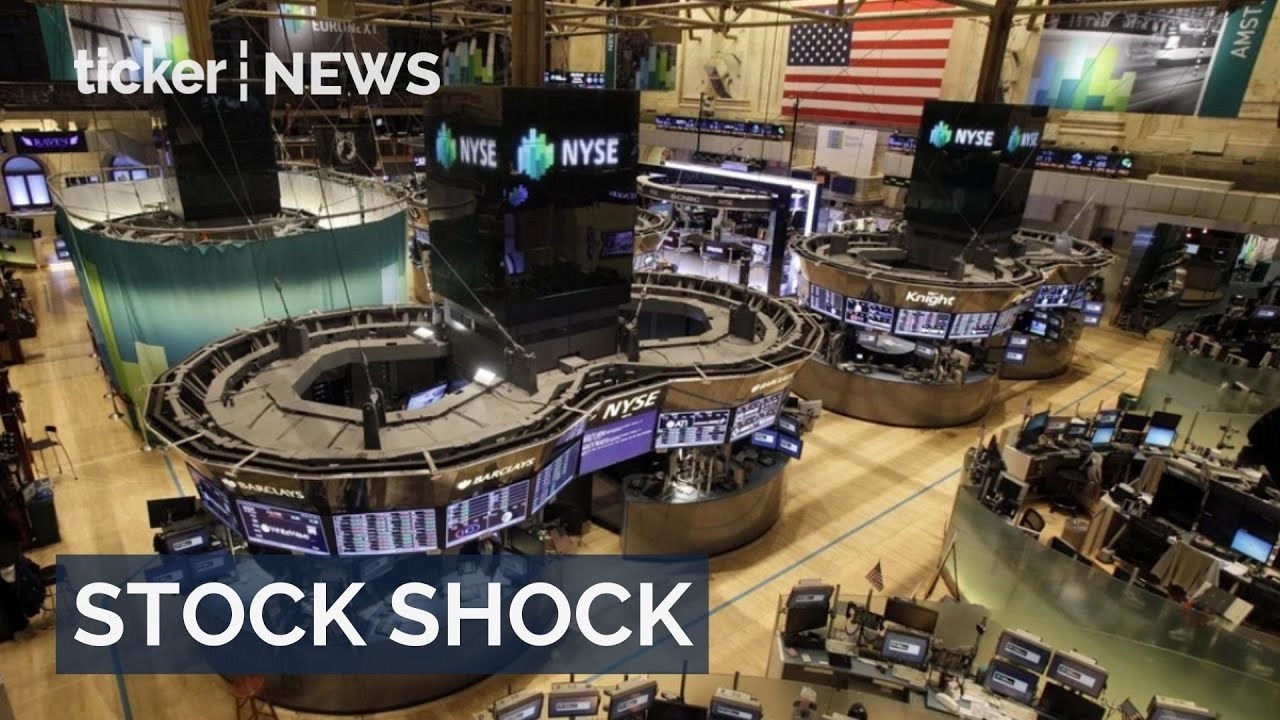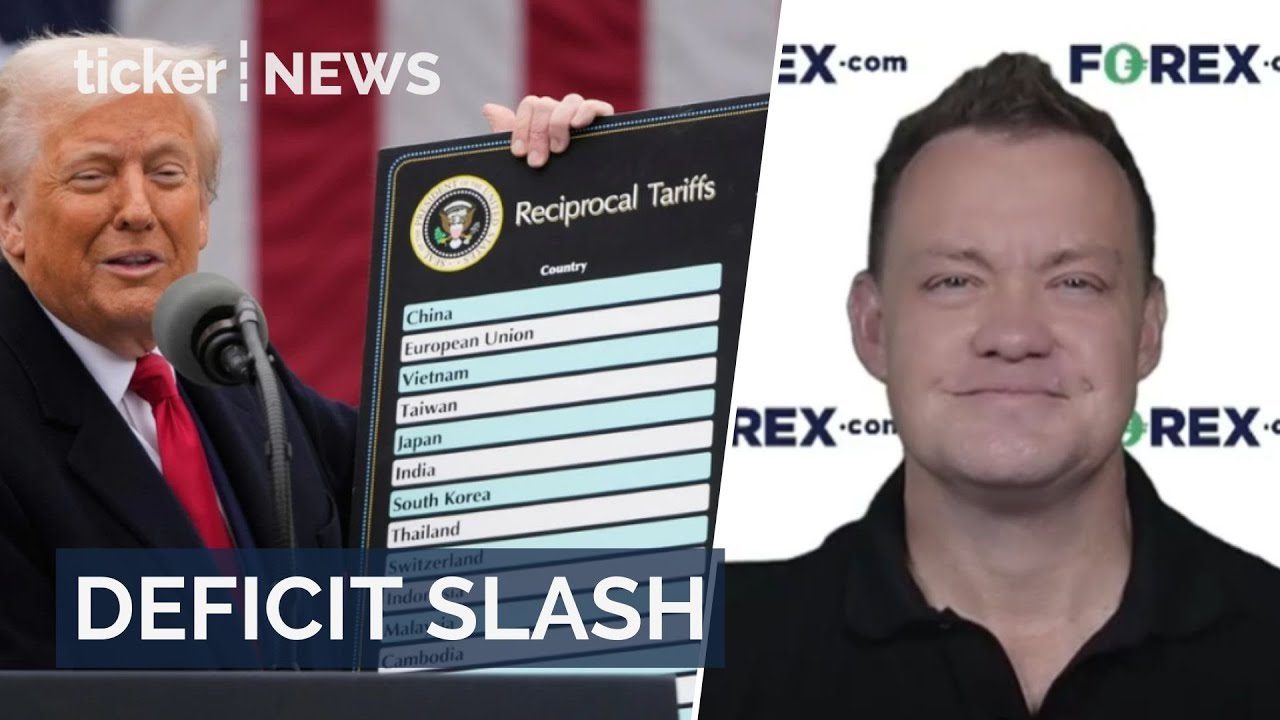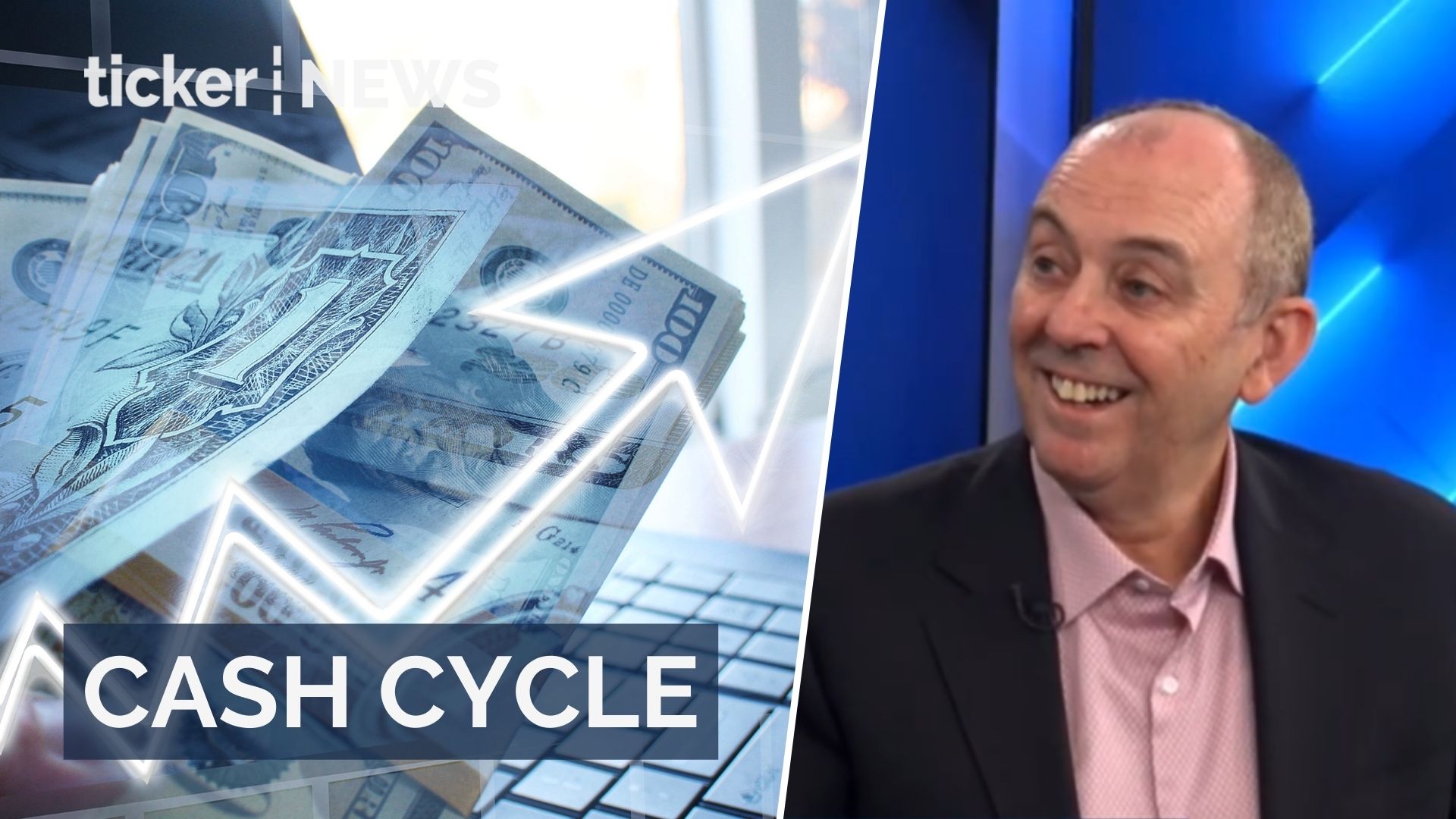Bob Iger is back and Bob Chapek is out, but is Iger now fixing the mess he inherits, or one he actually created?
Five months after signing a new multi-year contract, Bob Chapek is no longer the CEO of The Walt Disney Company.
The statement from the board was short but sweet:
“We thank Bob Chapek for his service to Disney over his long career, including navigating the company through the unprecedented challenges of the pandemic,” said Susan Arnold, chairman of the board, in a statement.
“The Board has concluded that as Disney embarks on an increasingly complex period of industry transformation, Bob Iger is uniquely situated to lead the Company through this pivotal period.”
Iger wrote to employees to say he is returning “with an incredible sense of gratitude and humility — and, I must admit, a bit of amazement.”
That’s an understatement.
The author of the best-selling how-to-manage-without-being-a-prick book ‘Ride of a Lifetime’, Iger was all but done with Disney after a stellar career at ABC, then Disney.
Anyone who has read his book will be asking “What would Willow think of this?”
Iger is now returning to his old role, but the board is at pains to point out it’s a rescue, rather than a plan. Sounds eerily similar to how the Apple board announced the re-hiring of Steve Jobs after a short-but disastrous period.
Like Apple though, Disney has a similar relationship with its customer base. Disney manufacturers happiness. But the Disney company under Chapek’s tenure has been anything but happy, or stable.
Under Chapek, Disney increased theme park prices, not once, but several times. Disney+ lost $1.5 billion the past year, with no signs it can actually achieve its goal of turning a profit by 2024.
The Florida problem
And then there are the midterms, or more importantly, Florida governor Ron DeSantis.
Chapek’s Disney became THE corporation he could single out and target for the company’s public opposition to his support of the so-called “Don’t Say Gay bill”.
In March, Chapek jumped on the phone with DeSantis to discuss the Parental Rights in Education bill, which restricts what teachers can say about gender and sexual orientation.
Disney was a DeSantis donor and one of the state’s biggest employers. Many of those employees are members of the LGBTQI+ community, and they were calling on Disney to stand up to the Governor.
As major corporations have increasingly taken stands on social issues, DeSantis has taken on a leading role in redefining the GOP’s relationship with companies that were once a bedrock of Republican support.
Chapek expressed his disappointment and DeSantis went nuclear, threatening to blow up Disney’s special zone in Florida that gives it unprecedented powers to control the parks and land surrounding Walt Disney World.
And last week, DeSantis became heir apparent as the next Republican nominee for President. That’s a big problem.
On the surface, Chapek should have known better. After all, prior to running all of Disney, he ran Disney parks. He knows just how important a relationship is with the Florida governor. That’s not to say he shouldn’t stand up for what he, his company, and his employees believe is the right thing to do. It’s just the way he went about it.
Two weeks later, DeSantis punished Disney and abolished its special district. He said Disney had “gotten massive tax breaks” and “more subsidies from the state of Florida than any other company”.
Bob for Bob
From the day Bob Iger handed over the magic reigns to Bob Chapek, it felt like we were counting down to this day.
Iger was writing a book about how to run a company through a crisis, and Disney now finds itself in the midst of a multi-pronged crisis.
From its stock value to its streaming strategy, its movie division, acquisitions and of course, its relationship with Florida.
Some of this, it’s worth pointing out, was caused by Bob Iger.
When he announced Disney+, Iger warned the market that it would take years to see a return. He pulled premium content off third-party platforms, like satellite and pay-TV, to bring an element of exclusivity to Disney+.
But the streaming market has changed dramatically. And investors now want profits, not loss-making subscribers, and Disney has plenty of them.
The China syndrome
Disney’s theme parks division has struggled through Covid, but punished loyal fans by increasing the cost of tickets to the point that it’s priced out much of inflation-ridden America. The middle class is struggling to justify entry to the happiest place on earth.
Then there’s China. Shanghai Disneyland was a 20-year project, opened by Bob Iger in June 2016.
Not even the great man himself could have foreseen COVID, or China’s strict, seemingly never-ending lockdown policy.
But the resort, which cost over $5 billion to build, is facing other problems too.
Disney owns just 43% of the property, and the state-controlled Shanghai Shendi Group owns the remaining 57%.
It’s suffering from a covid-induced image problem, as the CCP continues to push its weight. Then there was the incident that saw visitors trapped inside the park as authorities announced a sudden lockdown.
Bob Iger might be feeling he’s trapped inside Disney too.
The man who oversaw record growth, and acquisitions of Pixar, Marvel and Star Wars. Plus also navigating ownership of old-media businesses like ABC TV and ESPN, while trying to create an expensive successor in Disney+.
Where to?
In a way, you have to feel sorry for Bob Chapek. Not only did he have to take over from the universally liked, charming Bob Iger, he also had his former boss haunting the halls of Disney. In truth, Bob Iger never left The Walt Disney Company. Even during the showdown between DeSantis and Chapek, Iger couldn’t resist but offer up public advice.
That sort of thing doesn’t help the new brass to establish credibility. It always felt like Iger Disney.
Chapek had another problem – he just wasn’t a showman. Walt Disney himself proved the importance of the company’s leader as the company’s second mascot (only to Mickey Mouse himself).
The public wants to like the company’s leader. And the tangled web of corporate ownership means Disney needs a leader who can smooth over the cracks and deal with many different parties and governments. Look how Iger succeeded in bringing Disney and American culture to China.
As he put it, “Authentically Disney, distinctly Chinese”.
Now, Disney has returned to the past, and the man who brought it into the 21st century.
Iger can’t last forever, and now he has to set the company up o that next time he retires, he’ll leave the place “authentically Disney, but not distinctly Iger.”




 News4 days ago
News4 days ago


 Ticker Views2 days ago
Ticker Views2 days ago
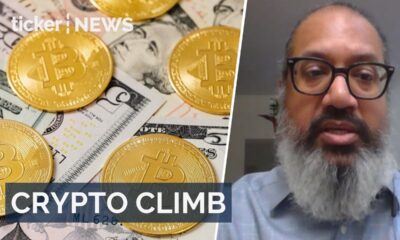

 Crypto3 days ago
Crypto3 days ago


 Ticker Views3 days ago
Ticker Views3 days ago
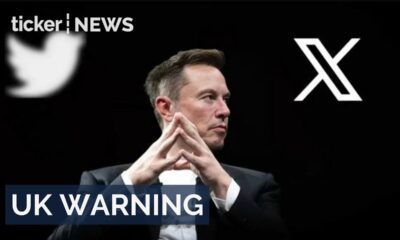

 News4 days ago
News4 days ago


 Money4 days ago
Money4 days ago


 Docos4 days ago
Docos4 days ago


 News5 days ago
News5 days ago


